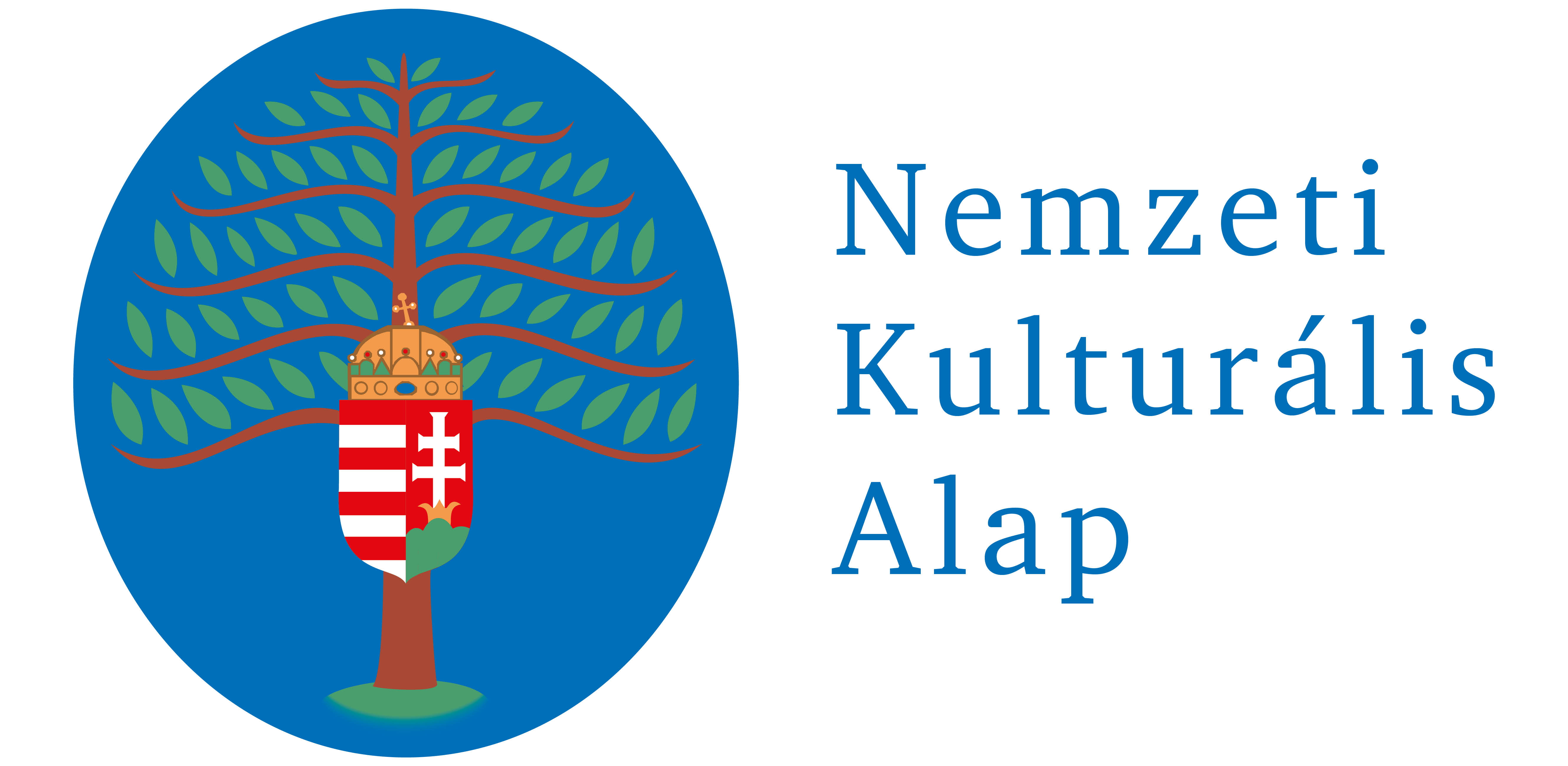Naptár
2024. április 15–19.
2024. április 20.
Eötvös József Kárpát-medencei középiskolai szónokverseny
2024. március–április
A Magyar Nyelvtudományi Társaság tavaszi felolvasóülései
Tovább...
1. 2017.
Abstracts in English
Studies
Major, Hajnalka
The rhetorical analysis of the speeches of the Eötvös József National Rhetoric Competition
This study investigates twenty-four speeches from the final of the Eötvös József National Rhetoric Competition with the method of rhetorical analysis. The analysis assigns 2-5 statements to all selected criteria, and then investigates whether they are true for the performed speech. The criteria in the analysis are the following: rhetorical situation, speech type, logos / pathos, sources of argument, fallacies, train of thought, structure, elocution, and delivery. Contestants reached the highest scores in elocution and delivery, whereas composition and arrangement of thoughts were more challenging. Invention as a task of the orator includes the knowledge of the rhetorical situation and the speech type, as well as the selection of logos and pathos, and the invention of arguments. This study shows what techniques students used when they improvised and what other possibilities of modern rhetoric can help the invention of arguments.
Józsa, Krisztián – Fiala, Szilvia – Józsa, Gabriella
The effects of using classical and contemporary texts on the affective components of reading
Our study explores the influences of different literary texts on students’ reading-related affective characteristics. In an instruction program, we compared the effects of classical and contemporary short stories on three affective factors: reading motivation, reading habits and attitude towards readings. Empirical data were collected on literature lessons from a total of 190 grade 7 students. Students were assigned to three groups on the basis of the type of texts they worked on: (1) classical short stories, (2) contemporary short stories, (3) both types of short stories. Based on the results of the instruction program, contemporary short stories have a positive effect on the affective components of reading. In the contemporary short story group, significant positive changes were observed in students’ motivation, reading habits, and attitudes towards the readings. In the light of our results, text selection for reading and literature instruction should be reconsidered.
Laczkó, Mária – Kovácsné Nagy, Ibolya
The effect of digital technology on the writing, spelling and text composition competences of pupils in lower grades
There has been little research conducted on the effect of digital technology on language competences among Hungarian children. Research so far has mainly focused on pupils in higher grades or older students. The present work analyses what effects the early use of digital devices may have on the students’ language development among pupils in grade four. Students did three exercises of the same type in handwriting and typing. Results show that error rates increased in the exercises solved by typing irrelevant of the exercise type. The main differences were found between the handwritten and typed compositions. The difference was smaller in text length and larger in the use of structures analysing the quality of compositions. To confirm the results, there is a need to replicate the test on a larger sample. Nevertheless, it is clear that the teaching of handwriting is important also in our digital world.
Workshop
Simon, Gábor
Why is it challenging to learn and teach text analysis?
This study investigates the seminar papers of a university course and presents typical problems and challenges that teacher trainees face during text analysis. The main hypothesis is that difficulties in text analysis primarily arise from the inadequate application of the approach and methods of the traditional grammatical analysis which is different from text analysis. The study discusses in short the differences between classical grammatical analysis and text analysis. After that via holistic reading, analytical operations, and the synthesizing analytical phase, it provides an overview of problematic statements, theoretical and methodological mistakes of the seminar papers. An important conclusion of the overview is that it is not text linguistic knowledge that needs to be expanded for the purpose of teaching text analysis more efficiently. Instead, a text-centred first language pedagogical framework should be developed, enforcing the lessons of text analysis.
Balogh, Andrea
Digital games in teaching
The relation between games and teaching has a long tradition. In today’s digital world it is not surprising if a computer game builds its gameplay on the universal (partly lexical) knowledge that students are able to use later even at school. Besides the negative opinions about video games (such as addiction), it can be stated that games and teaching are becoming directly connected. This phenomenon is the so-called digital game-based learning. This study first provides an overview of the importance of games in language socialization. After that the use of edutainment games, the more and more well-known digital games are introduced in education-based on the principles of gamification. As an awareness-raising approach, gamification can facilitate teaching and learning with the use of mechanical devices outside games.














